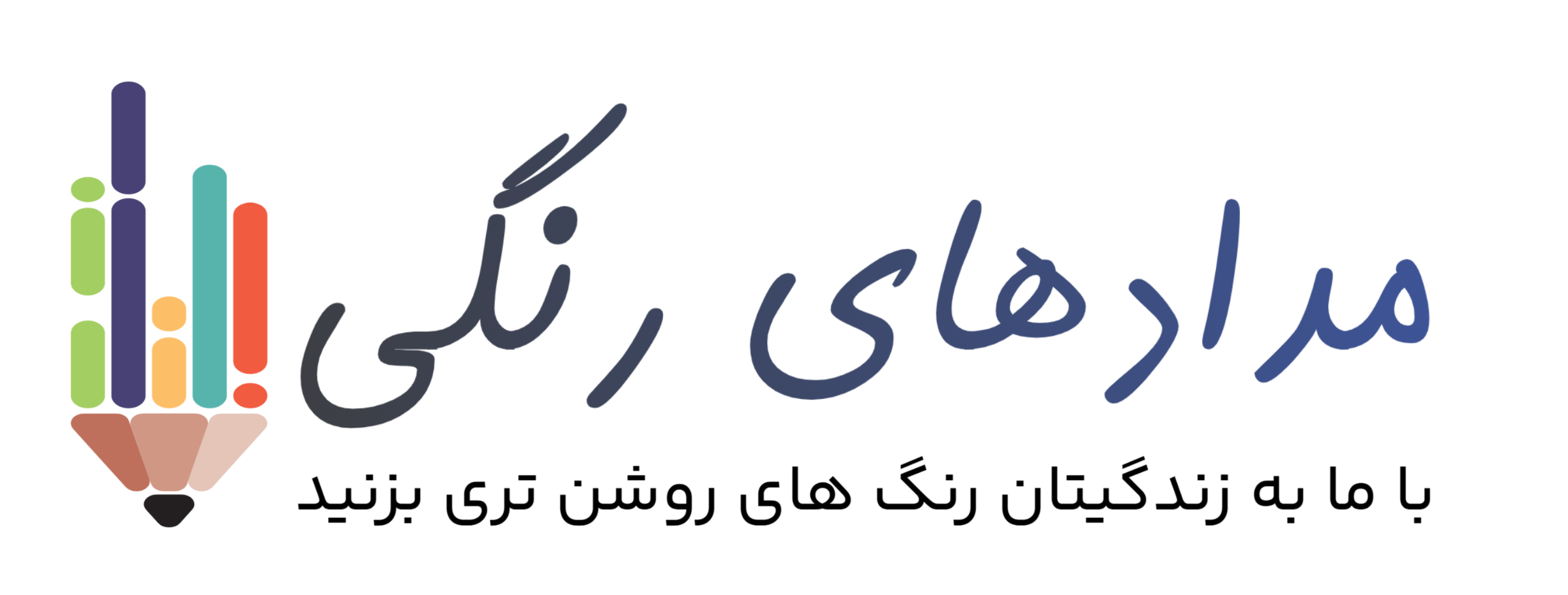In today’s world, many parents rightly consider teaching a second language to their children to ensure bright future opportunities. But the key question on everyone’s mind is: When is the best age to teach English to children?
You may have heard recommendations about the benefits of early language learning, but rushing into it and using incorrect methods can lead to the harmful effects of early language education. In this expert guide from “Colorful Pencils” (Medadhaye Rangi), we scientifically examine the appropriate age for second language acquisition and help you prevent issues such as language delay in children.
Why Mastering the Mother Tongue is the First Step to Successful Bilingualism
Before taking any steps to start teaching English to your child, remember a golden rule: the foundation of successful bilingualism is complete mastery of the mother tongue. For your child, the Persian language is not just a tool for speaking; it’s the primary basis for cognitive development, enhancing communication skills, and expressing emotions. A child who is strong in their mother tongue will have the necessary mental framework to accept and analyze a new language.
Disadvantages of Teaching Language Too Early: When Should You Start English Cartoons for Your Child?
Here arises one of the most common and dangerous misconceptions. Many believe that playing English cartoons 24/7 for an infant is a way to learn the language. This method is not only ineffective but can be the reason why a three-year-old child isn’t talking or lead to more serious problems.
Why is this method harmful?
- High Risk of Language Delay: Children need human interaction to learn. A screen is a passive tool. Credible global research has shown that this can lead to language delay in bilingual children. The child may parrot words without understanding their meaning but is unable to use them for sentence formation and real communication.
- Confusion and Harm to Mother Tongue: Irregular and non-interactive input confuses the child’s developing brain and disrupts the process of learning mother tongue patterns. This is one of the primary harmful effects of early language education, sometimes requiring speech therapy for children’s speech delay by a specialist.
So, When is the Right Age to Learn English? (The Golden Window of Learning)
Considering all aspects, when is the appropriate age for learning English? Child development and linguistics specialists believe the best time is after the mother tongue is established. This period, known as the golden window of learning, typically falls between the ages of 3.5 to 5 years old.
Within this range, your child will have achieved the following skills in Persian:
- Speaks in complete sentences.
- Understands and retells short stories.
- Has high curiosity and ability to learn new concepts.
Starting to teach a second language to children at this age is both safe and highly effective due to the brain’s high flexibility.
What to Do If You Are Concerned About Your Child’s Language Delay?
If you’ve already started teaching and are now concerned about your child’s communication skills, asking questions like “Does teaching a second language cause speech delay?“, the first step is to stay calm. The next step is to seek help from a specialist.
A counselor or speech-language pathologist can provide the best solution for your child’s speech delay treatment with an accurate assessment, easing any worries you may have.
Conclusion: The Best Time to Start is an Informed Decision
As we’ve seen, finding the best age to teach English to children is more than just a number; it’s a process that depends on your child’s development and mastery of their mother tongue. With an informed decision and by avoiding harmful methods, you can give your child the precious gift of bilingualism in a healthy way.
Special Services from “Colorful Pencils” (Medadhaye Rangi) for You:
- Mother Tongue Proficiency Assessment: If you’re unsure about your child’s readiness to start learning a second language, our experts can assess their mother tongue proficiency to help you make the best decision.
- Child-Specialized English Teachers: Our team includes experienced and specialized teachers in teaching English to children, who make learning enjoyable and effective with play-based and age-appropriate approaches.
- Persian Language Education for Children Abroad: For parents living abroad who wish for their children to learn Persian well, our team also includes specialized Persian language teachers.
